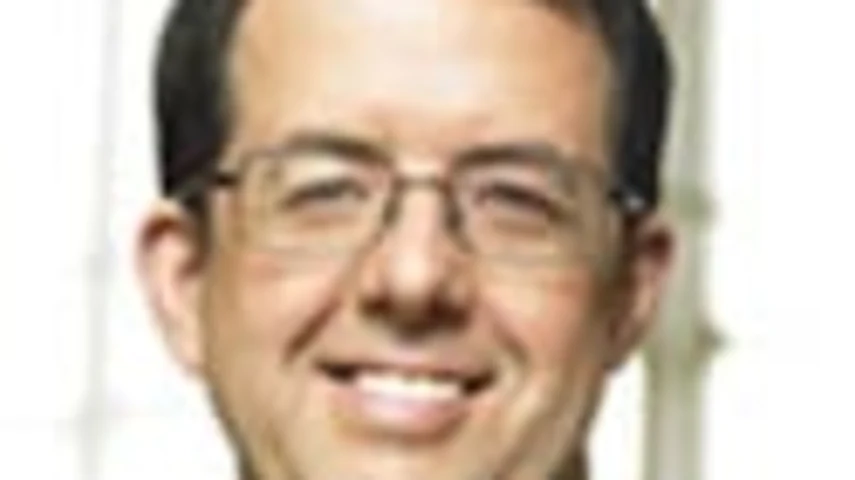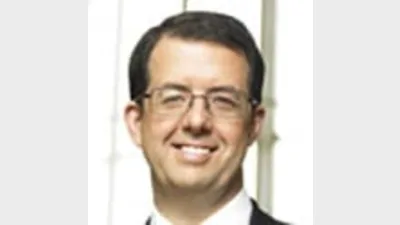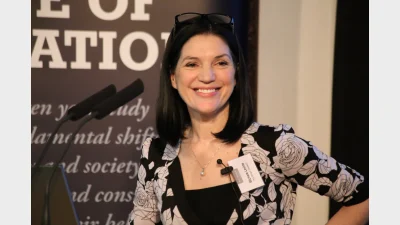No institution is too big to fail



 |
| Bob Kelly
|
The chairman and chief executive of one of the world’s largest institutions, Bank of New York Mellon, Bob Kelly, has declared that no institution should be regarded as being too big to fail.
Kelly made the comments as part of a speech in the US overnight during which he outlined a series of steps designed to reduce the risk of another major financial crisis.
Kelly’s speech is important because he chairs a number of committees tasked with reforming the US financial supervisory framework, and he is arguing that whatever occurs in the US should not be allowed to occur in a global vacuum.
He is urging the implementation of standards with respect to capital and liquidity requirements, the creation of an orderly wind-down process for all financial firms deemed “systemically important” and a fix-up for the US residential mortgage system - including deciding whether the US Government should remain in the business.
“It is critical that US reforms not be created in a vacuum,” Kelly said. “The financial crisis has highlighted how highly interconnected the global financial marketplace has become.”
He said that the stability of the system called out for truly global standards for both regulation and accounting, which would also help ensure that US financial companies were competing on a level playing field with the rest of the world.
Recommended for you
Large superannuation accounts may need to find funds outside their accounts or take the extreme step of selling non-liquid assets under the proposed $3 million super tax legislation, according to new analysis from ANU.
Economists have been left scrambling to recalibrate after the Reserve Bank wrong-footed markets on Tuesday, holding the cash rate steady despite widespread expectations of a cut.
A new Roy Morgan report has found retail super funds had the largest increase in customer satisfaction in the last year, but its record-high rating still lags other super categories.
In a sharp rebuke to market expectations, the Reserve Bank held the cash rate steady at 3.85 per cent on Tuesday, defying near-unanimous forecasts of a cut and signalling a more cautious approach to further easing.











